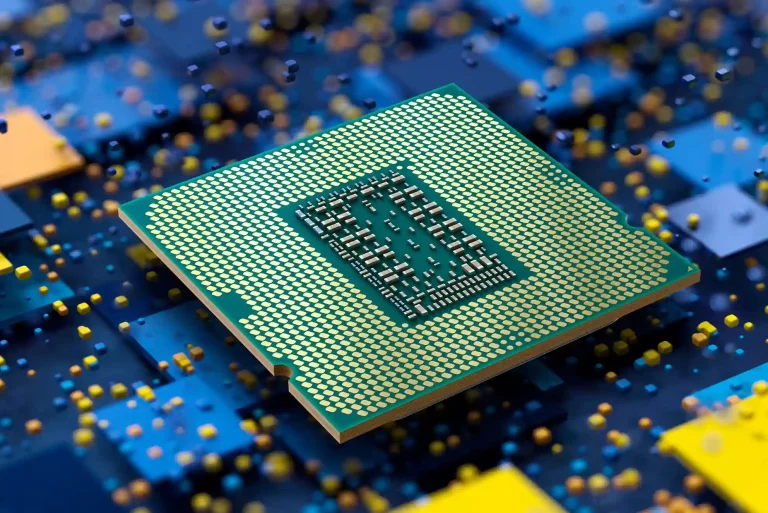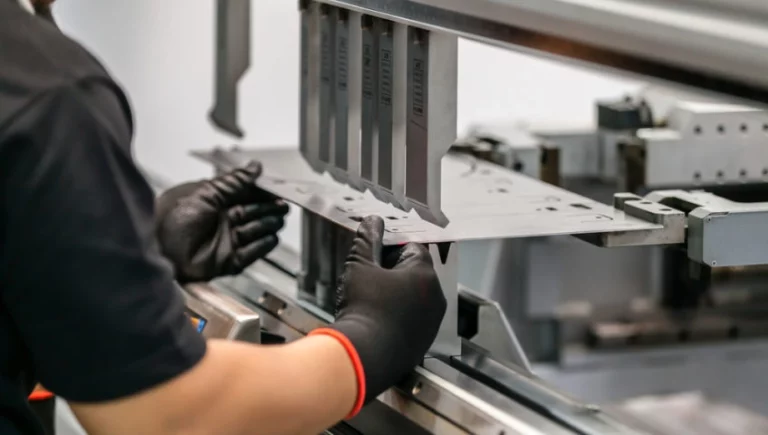In an era marked by increasing environmental concerns, growing populations, and the ever-looming threat of climate change, sustainable industrial manufacturing with biocatalysis emerges as a hope. This rapidly evolving field harnesses the power of enzymes to revolutionize production processes, making them more eco-friendly and efficient. Today, we will explore the key aspects of industrial manufacturing with biocatalysis, its role in achieving sustainability, the challenges it faces, and the exciting future directions it is heading toward.
Biocatalysis: The Catalyst of Change
Enzymes, which are catalytically active proteins, are at the heart of industrial manufacturing with biocatalysis because they are extremely efficient and specific. Both in laboratories and large-scale industrial chemical manufacturing, these natural catalysts are being harnessed. Enzymes make reactions cleaner and greener and reduce hazardous chemical reliance. Moreover, they decrease waste production, which is what makes them so wonderful.
Sustainability: The Imperative for Biocatalysis
Industries must utilize finite resources more responsibly. That’s because
- The global population is increasing
- Climate change is affecting international relations
- Geopolitical instability is increasing
Using renewable raw materials plays a key role in achieving sustainability. Industrial processes require raw materials that are both renewable as well as relatively affordable, readily available, and readily available in the future. Hence, the potential of biomass-derived raw materials, such as glucose, is great as a sustainable raw material.
Challenges on the Path to Biocatalytic Transformation
There are a number of challenges associated with incorporating biocatalytic manufacturing into established or new manufacturing routes. Although it offers tremendous promise, it is not easy to integrate biocatalytic steps into complex and highly optimized industrial processes. However, advances in molecular biology and bioinformatics have enabled this field to make significant progress.
The stability and robustness of enzymes under industrial conditions is another challenge. Some enzymes may be sensitive to factors such as temperature, pH, and other chemicals. It is important for researchers to continually work on enhancing enzyme stability and longevity so they can be used more effectively for large-scale manufacturing.
The Future of Sustainable Industrial Manufacturing with Biocatalysis
There is a bright future for biocatalysis in industrial manufacturing. Increasing the efficiency and economics of biocatalytic processes is being made possible by emerging technologies, especially with regard to productivity and yield.
New-age catalysts can also be generated through directed evolution, which mimics natural evolution within a controlled environment. By evolving enzymes through iterative rounds of mutation and selection, specific reactions can be improved and performed under a broader range of conditions with greater efficiency.
Bridging the Gap for Industrial Manufacturing with Biocatalysis Through Education
Industrial manufacturing is gaining momentum in the industrial landscape. Hence, integrating biocatalysis and synthetic biology into sustainable chemical manufacturing processes requires a skilled workforce.
Fortunately, there are considerable online courses available that introduce students and professionals to the world of industrial manufacturing with biocatalysis and its potential in the industry. As a result of these educational resources, biocatalysis can continue to play a noteworthy role in sustainability and prepare tomorrow’s workforce.
Conclusion
The use of biocatalysis in industrial manufacturing emerges as a beacon of hope in a world rapidly changing and facing numerous environmental and resource challenges. Enzymes are revolutionizing industrial manufacturing, making it environmentally friendly and sustainable thanks to this rapidly developing field. By embracing industrial manufacturing, our future workforce will be equipped to carry on this crucial work. This embracement will lead to a more sustainable and eco-friendly future.



